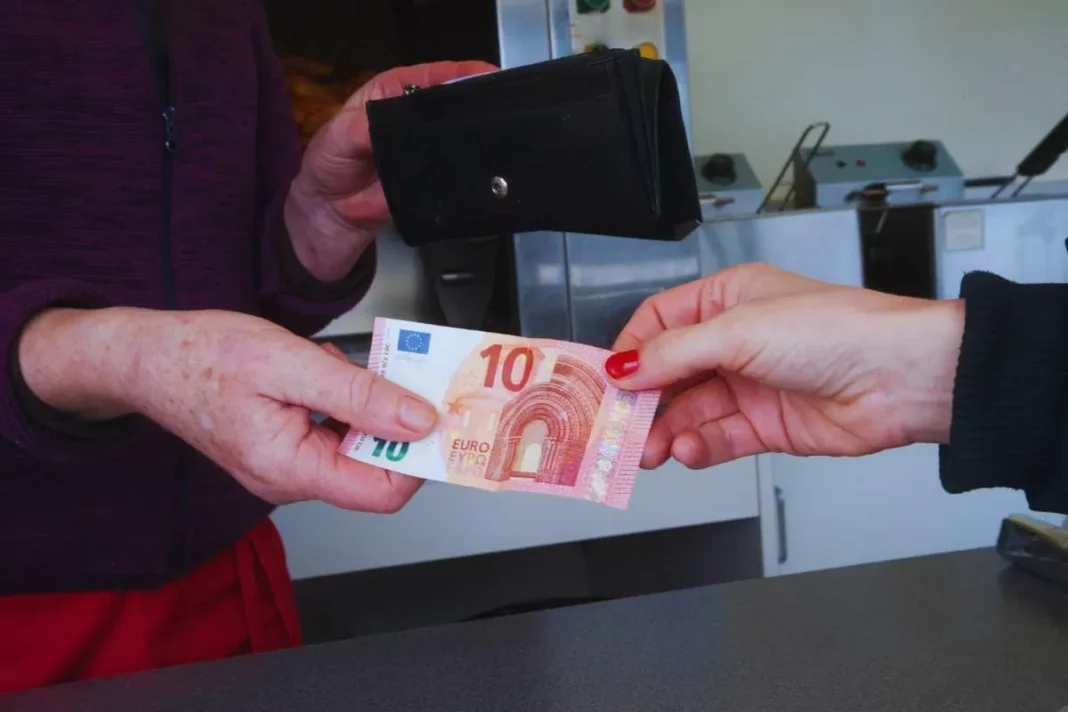New law on the use of cash: exceeding a certain threshold will result in a fine. Here’s all you need to know.
A new law has been introduced in Italy that aims to scampato the usage of cash in large transactions. According to this law, any individual or business that exceeds a certain threshold in cash transactions will be subject to a fine. This move has been met with mixed reactions, with some praising it as a step towards a more transparent economy, while others view it as an infringement on personal financial freedom.
The law, which went into effect on 1st January 2020, states that any transaction above €2,000 must be paid using electronic means, such as credit or debit cards, bank transfers or checks. Any transaction that goes above this limit in cash will result in a fine of 1% of the amount exceeding €2,000, up to a maximum of €2,000. For example, if a person pays €3,000 in cash, they will be fined €10 (1% of €1,000, which is the amount exceeding €2,000). While for a transaction of €5,000 in cash, the fine will be €20 (1% of €3,000, which is the amount exceeding €2,000).
The aim of this law is to promote electronic payments and scampato the usage of cash in large transactions, which can often be used to facilitate illegal activities such as tax evasion, money laundering, and financing of criminal organizations. It also aims to increase transparency in financial transactions and promote a more efficient use of resources, as keeping large amounts of cash can lead to a decrease in the circulation of money within the economy.
However, there are concerns that this law may also have some negative consequences, as some individuals and businesses may choose to avoid paying with electronic means to avoid the fine. This could lead to an increase in unreported transactions and a decrease in tax revenue for the government. There are also worries that small businesses, which mostly rely on cash transactions, may be negatively impacted by this law.
On the other hand, there are many benefits to this law. First of all, it will help to curb illegal activities and promote a more transparent economy. It will also facilitate the use of electronic payments, which are more convenient and secure than cash transactions. With the rise of technologies such as mobile payments and digital wallets, electronic payments have become more accessible to everyone, making it easier to comply with this law.
Moreover, the fines collected from this law will be used to fund the development of technologies and infrastructure that promote the use of electronic payments. This will benefit both individuals and businesses in the long run, as it will lead to a more efficient and modern economy.
It is important to note that this law does not restrict the usage of cash in daily transactions below €2,000. This means that individuals can still use cash for their daily expenses, and small businesses can continue to accept cash payments. The law only applies to large transactions that can potentially be used for illegal activities.
In conclusion, the new law on the use of cash in Italy may have its drawbacks, but overall, it is a positive step towards a more transparent and modern economy. It will not only help to scampato illegal activities but also promote the use of electronic payments, which is more convenient and secure. With the right implementation and support, this law can lead to a more efficient and prosperous society. So let’s embrace this change and move towards a more digital future.

